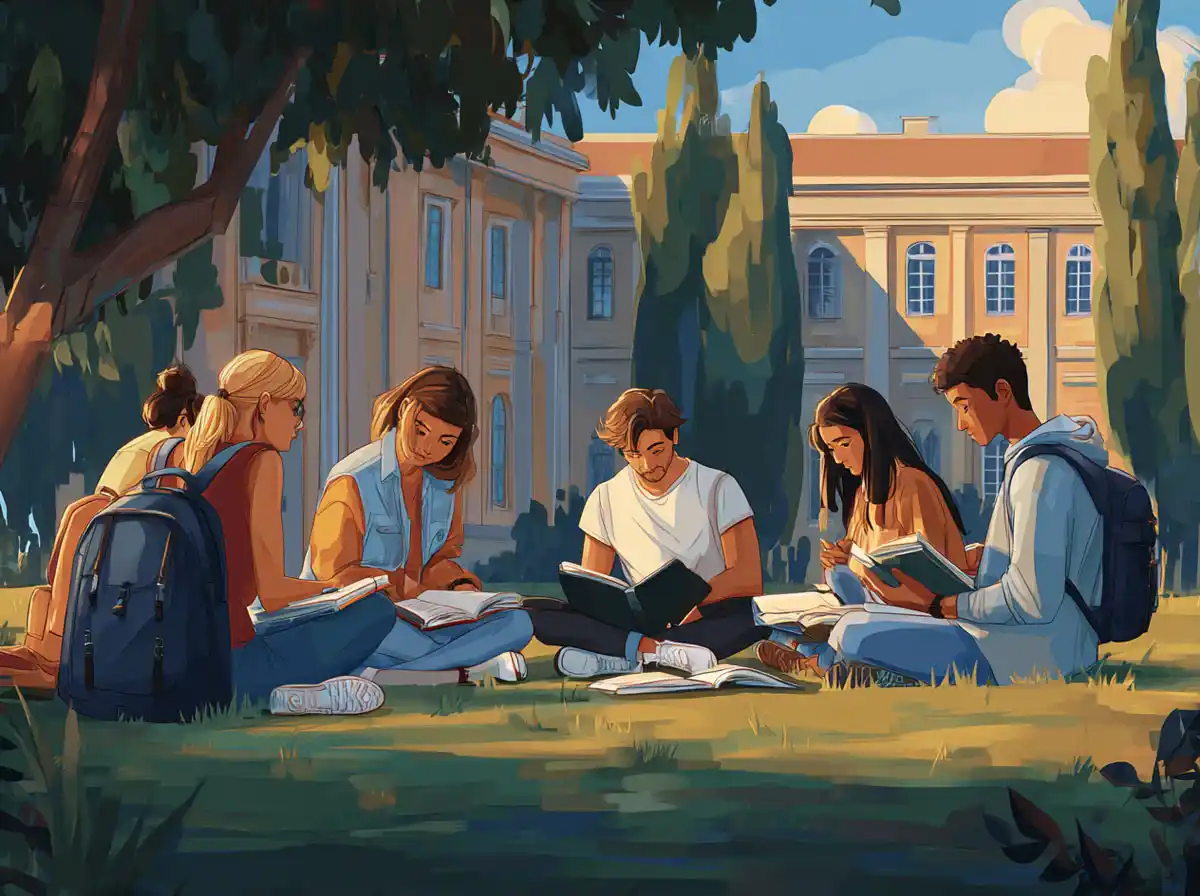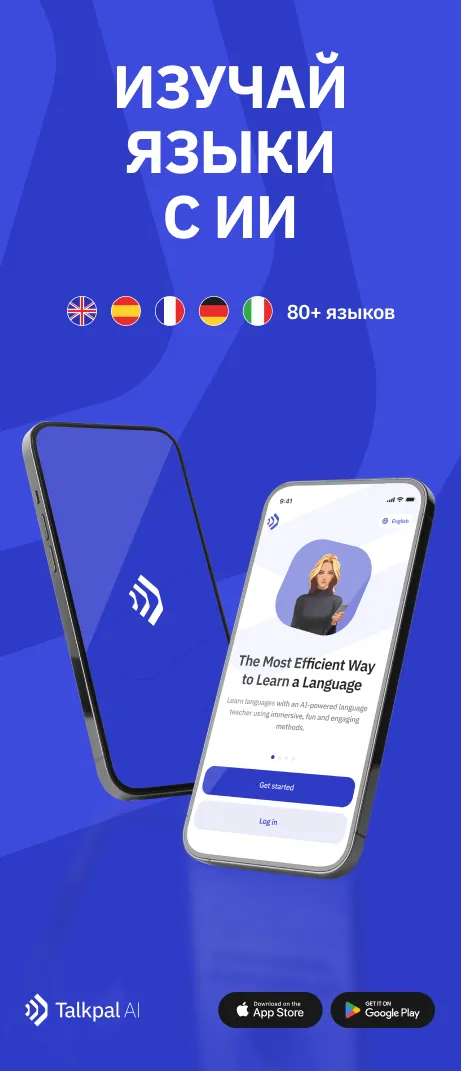В этой части упражнений вам предстоит определить и заполнить пропуски, используя правильные формы притяжательных местоимений или существительных с апострофом. Задания направлены на закрепление пройденного материала и развитие умения правильно строить предложения, учитывая контекст и связь между объектами владения и их владельцами.
Упражнение 1: Заполните пропуски притяжательными местоимениями
This is not your book, it’s *hers* (местоимение).
Is this car ours or is it *theirs* (местоимение)?
I cannot find my wallet, but here is *yours* (местоимение).
Both children are doing *their* (местоимение) homework.
The cat is licking *its* (местоимение) paws.
Mike and Sarah are renovating *their* (местоимение) house.
She will tell you *her* (местоимение) opinion.
The teachers always share *their* (местоимение) knowledge with the students.
Our project is different from *theirs* (местоимение).
I’ve got *my* (местоимение) passport, but I can’t find yours.
Despite the arguments, he remained firm in *his* (местоимение) decision.
Mrs. Johnson took *her* (местоимение) dog to the vet.
Are these books mine or are they *yours* (местоимение)?
It’s not their fault; it’s actually *ours* (местоимение).
Jason and Linda invited us to *their* (местоимение) wedding.
Упражнение 2: Заполните пропуски, используя существительные с апострофом
The teacher’s explanation was clear, but I still didn’t understand *the student’s* (чьё) question.
I’ll meet you at *Lucy’s* (чьё) place in an hour.
The kittens’ bowl is empty, it’s time to refill *it* (чьё).
Jack and Jill went up *the hill’s* (чьё) top to fetch a pail of water.
Tim borrowed the principal’s car without *asking* (чьё).
Those are the players’ uniforms, and those over there are *the coaches’* (чьё).
All of the network’s channels are showing *the president’s* (чьё) speech tonight.
The Smiths’ garden is much bigger than *the Johnsons’* (чьё).
This is everyone’s problem, not just *the government’s* (чьё).
Karen’s response was quite different from *Tim’s* (чьё).
David’s project was successful because of *his team’s* (чьё) hard work.
The cat chased *its tail* (чьё) for hours.
I haven’t seen Alice’s new puppy, can you describe *its* (чий) appearance?
The new company policy was a result of *the employees’* (чьё) feedback.
These scientists’ discoveries have changed *the world’s* (чьё) understanding of physics.










